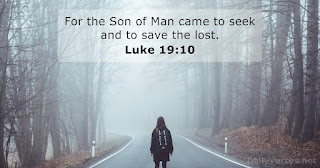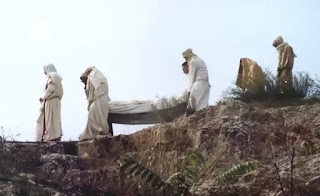I have recently watched The King’s Speech again and am struck by the bravery of King George VI and his ability to overcome some horrible obstacles. If the film is to be believed, Bertie, the second son, was bullied by an unkind nanny, who preferred his older brother David (later King Edward VIII).
At teatime, when nanny brought the children down from the nursery to be seen and to see their parents, nanny would pinch Bertie till he cried so he was removed from them. She didn’t feed him, and it took 3 years before their majesties noticed. In addition, he was naturally left-handed but forced to be right-handed. No surprise then that he stammered badly. The story of The King’s Speech is how Lionel Logue, an Australian self-taught speech therapist, helped the Prince of York, later the King, overcome his stammer.
However, the Duke of York was never meant to be king. He was the second son and although he was still required to give public speeches, it was nothing compared to the arduous schedule of his brother, the future king. It is well-known though that David, Edward VIII, abdicated in 1936 in order to marry the twice divorced Wallis Simpson.
The Duke of York was thrust into the limelight with his stammer and incredibly, with Queen Elizabeth (known to us as the Queen Mother), did an outstanding job of leading the nation through the Second World War. Unfortunately though, he was a heavy smoker and died of lung cancer in 1952, aged 56. His greatest legacy must surely be his daughter Queen Elizabeth II. Her death this year has merely highlighted what an amazing Godly woman she was and how fortunate the British people are to have enjoyed her long reign. The seeds for her reign and her ability to understand the role of monarchy in the 20th century were sown by her father.
This just goes to show that despite the most inauspicious start, despite crippling difficulties, despite being thrust into an unwanted limelight, if he could live life well and leave a legacy that will continue for many, many years, so can we.
In Christmas 1939, as Europe entered the dark years of the Second World War, King George quoted a poem by Minnie Louise Haskins which reflects his heart.
And I said to the man who stood at the gate of the year:
"Give me a light that I may tread safely into the unknown."
And he replied:
"Go out into the darkness and put your hand into the Hand of God.
That shall be to you better than light and safer than a known way."
So I went forth, and finding the Hand of God, trod gladly into the night.
And He led me towards the hills and the breaking of day in the lone East.
The King’s trust was in Almighty God to lead and guide and to overcome, no matter the difficulties and hardship. Over 80 years later, this nation is still reaping the fruit of King George’s heart and is a source of great encouragement to all of us.
Each one if us is called to be an overcomer, and if we too put our hands in the hand of God, all things are possible.
for everyone born of God overcomes the world. This is the victory that has overcome the world, even our faith. 5 Who is it that overcomes the world? Only the one who believes that Jesus is the Son of God. 1 John 5: 4 - 5











